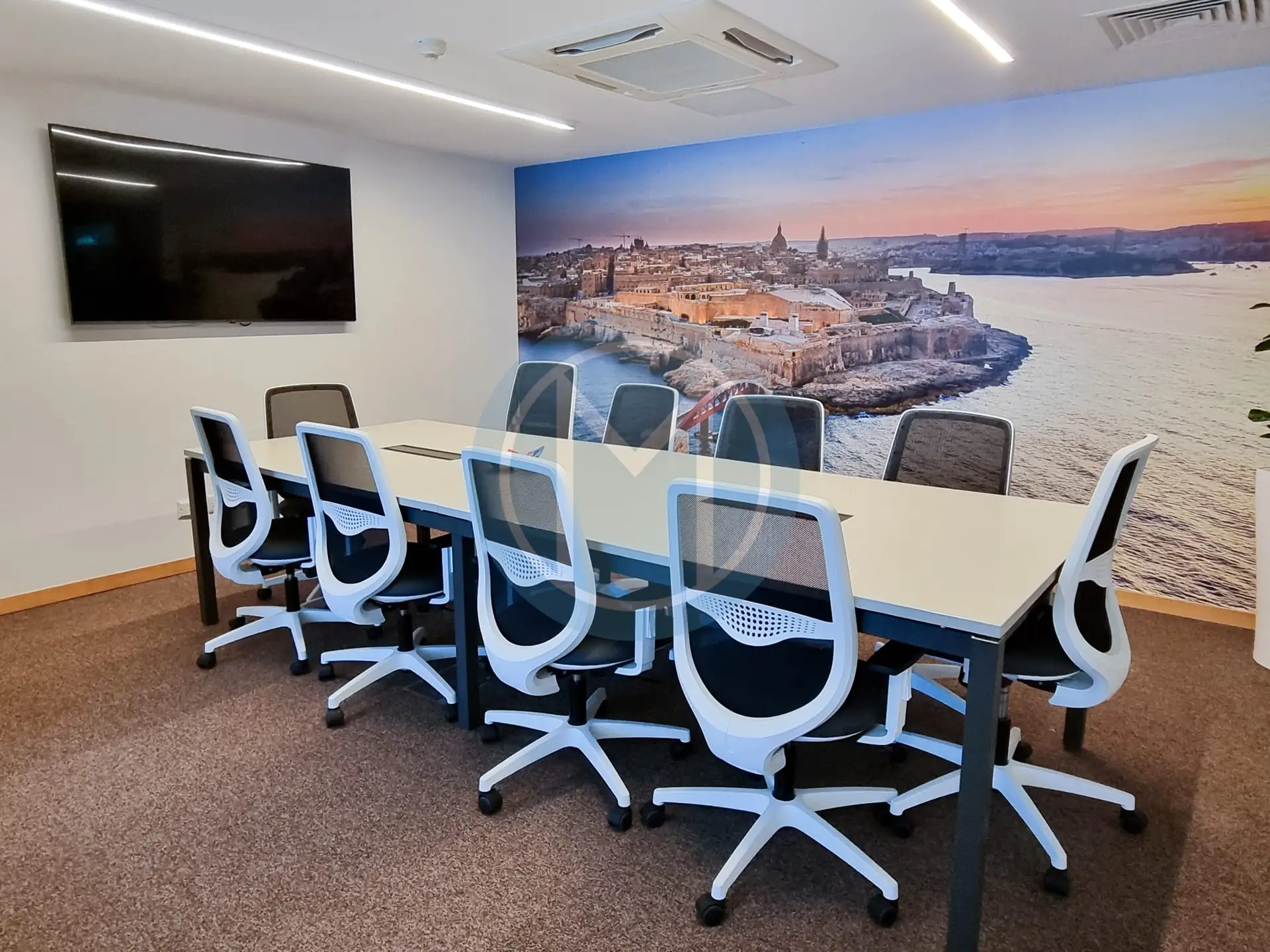Why team building and recruitment matter more in Malta than elsewhere
Recruiting in Malta is not the same as recruiting in London, Berlin, or Madrid. With a small population, limited talent pool, and fierce competition for skilled professionals, finding and keeping the right people is one of the biggest challenges employers face. In a market where word travels quickly and networks are tightly interlinked, a strong recruitment and team-building strategy isn’t just useful-it’s essential for growth and survival.
The context is unique: Malta’s economy depends heavily on sectors like finance, iGaming, aviation, and tourism. These sectors draw international companies, which in turn increases demand for highly skilled workers. Add in rising costs of living and international mobility, and you’ve got a market where employers need to be sharper than ever about how they attract, engage, and retain talent.
Understanding Malta’s talent pool
Malta’s workforce is a blend of local graduates and international professionals. On one hand, you have a steady stream of English-speaking talent from the University of Malta and other institutions, particularly in finance, law, and tourism. On the other hand, there’s a large reliance on expats-especially in iGaming, IT, and compliance-where demand outstrips local supply.
- Local talent strengths: English and Maltese bilingualism, cultural understanding of the Mediterranean market, and strong skills in traditional sectors like hospitality and accounting.
- Expat professionals: often young, mobile, and skilled in high-demand areas such as software development, digital marketing, and fintech.
- Gaps: Malta faces a shortage of IT developers, compliance officers, and data analysts. These gaps are most often filled by recruiting from abroad.
This dual structure creates a challenge: how do you balance local hires who bring stability with expat staff who bring critical skills but may not stay long-term?
Recruitment strategies that actually work in Malta
The old-school method of just posting a vacancy and waiting for CVs doesn’t cut it anymore-especially not here. Recruitment in Malta requires proactive, multi-channel approaches.
Effective recruitment channels in Malta:
- JobsPlus: the government employment agency, good for compliance and basic listings. It’s often the first stop for companies looking to stay fully aligned with Maltese employment regulations, though it works best for more general roles.
- LinkedIn & niche job boards: especially strong for iGaming and finance roles. These platforms allow targeted searches and employer branding campaigns, giving businesses direct access to both local candidates and international talent considering relocation.
- Recruitment agencies: often crucial for sourcing international candidates. Many agencies in Malta specialise in sectors like iGaming, finance, or IT, and they can speed up the hiring process by pre-screening candidates and handling permit requirements.
- Expat groups & referrals: Malta’s tight-knit expat community makes word-of-mouth powerful. Recommendations within Facebook groups, coworking hubs, or professional meetups often carry more weight than job ads, making this an underrated but highly effective channel.
What often gets overlooked is employer branding. In a small market, reputation matters. If your company is known for high turnover, weak management, or late payments, candidates will know before they even see your ad. Conversely, if your office culture is positive and staff share their experiences, recruitment becomes much easier.
Personal observation: Many companies underestimate just how important perception is in Malta. A single Glassdoor review or a comment in a local expat Facebook group can affect applications.
Hiring expats and integrating them into Maltese teams
Expats play a vital role in Malta’s economy, especially in fast-growing industries. But hiring them isn’t just about visas-it’s about integration.
- Permits & residence: EU nationals can work freely, but non-EU hires require Single Permits, which take time. Employers should factor in lead times to avoid operational gaps. Delays are common, so starting the application process months in advance is often the safest approach.
- Cultural onboarding: Maltese workplaces mix Mediterranean informality with European corporate standards. Expats may need help adjusting. Small gestures like introducing local customs, holidays, and traditions can go a long way toward making newcomers feel included.
- Practical support: Helping new hires with housing, banking, or even explaining Maltese healthcare can dramatically improve retention. Some firms even assign a “buddy system,” pairing new arrivals with experienced staff to smooth the transition.
- Community integration: Encouraging expats to join local sports clubs, language classes, or volunteering initiatives strengthens ties to the island. This not only improves retention but also fosters stronger bonds between expat and local staff.
Example: An iGaming firm in Sliema offered Maltese language classes for foreign hires. Attendance was voluntary, but uptake was high-and it created a sense of belonging. Staff who might have left after a year often stayed longer because they felt more integrated.
Isolated teams vs. integrated teams: If expats are kept separate, silos form. But if they’re encouraged to blend with locals-through social events, mixed project teams, and open communication-the business benefits from stronger collaboration.
Building resilient teams: beyond recruitment
Hiring is only step one. What really matters is whether teams work. In Malta’s business culture, where professional and personal circles often overlap, fostering a healthy team dynamic is critical.
Key approaches to resilient team building:
- Onboarding that sticks: Go beyond paperwork. Pair new hires with mentors, set clear milestones, and introduce them to the local culture.
- Balancing cultures: Maltese employees may expect informal, close-knit team vibes, while expats may be used to structured environments. Leaders need to bridge this gap.
- Engagement: Social activities like weekly lunches, knowledge-sharing sessions, or even sports clubs can build cohesion.
“What if staff leave quickly?” The answer lies in retention-without it, recruitment becomes an endless cycle.
Retention in Malta: keeping talent in a competitive market
With Malta’s limited talent pool, retention isn’t just a nice-to-have. It’s cheaper and more effective to keep staff than to constantly recruit.
What Maltese employees value most:
- Work-life balance: With long commutes due to traffic, flexibility matters.
- Hybrid working: Since COVID, many employees expect some form of remote work.
- Growth opportunities: Training and career paths reduce turnover.
- Recognition: Simple gestures, from performance feedback to public appreciation, go a long way in Malta’s close-knit work culture.
Example: A fintech company in Gżira introduced a 4-day workweek pilot. Staff satisfaction soared, turnover dropped by 25%, and applications doubled for new roles.
A subtle but important aspect of team-building in Malta is the way family and community ties shape work culture. In practice, this means employees often weigh company loyalty against not just salary but also how well a role aligns with family commitments and social life. Employers who acknowledge these dynamics-by being flexible around local feast days, school schedules, or even traffic-heavy commutes from particular villages-gain an advantage in retention. It’s a uniquely Maltese lens on workplace culture that outsiders often miss, but it can make or break long-term team stability.
Practical tips for employers recruiting in Malta
Here are a few actionable strategies that have proven effective for businesses:
- Start building a candidate pipeline before roles open.
- Tap into expat communities for referrals.
- Offer relocation and settlement support for international hires.
- Showcase company culture in recruitment campaigns (photos of real offices, staff testimonials).
- Don’t just rely on salary-emphasise career development and work-life balance.
Common challenges and how to navigate them
Employers face several recurring issues in Malta. Knowing them upfront helps in planning.
- Bureaucracy: Work permits for non-EU nationals can take months. Partnering with experienced agencies helps.
- Office location: Talent gravitates to central zones (Sliema, St. Julian’s, Gżira), but these areas are costly. Consider hybrid solutions to broaden your reach.
- Salary inflation: Competition in IT, finance, and compliance is driving salaries higher. Employers must get creative with non-financial perks.
- Commuting issues: Malta’s traffic is a constant complaint. Companies that support remote or hybrid work stand out.
Final thoughts on creating strong teams in Malta
Recruitment and team-building in Malta are less about following HR textbooks and more about understanding the island’s unique dynamics. It’s about balancing local and international talent, blending cultures, and creating workplaces that people want to stay in. Employers who treat recruitment as an ongoing process-not just an occasional necessity-are the ones who build resilient, motivated teams capable of thriving in Malta’s fast-paced economy.

